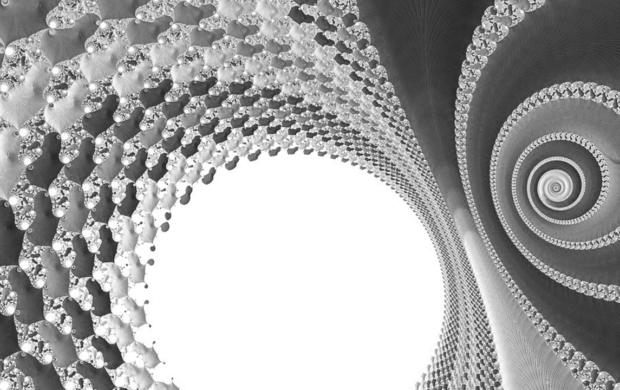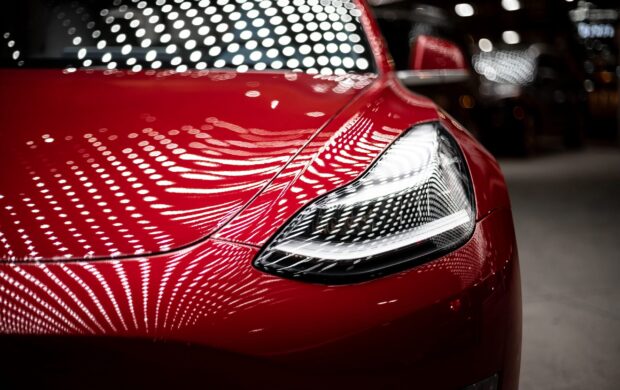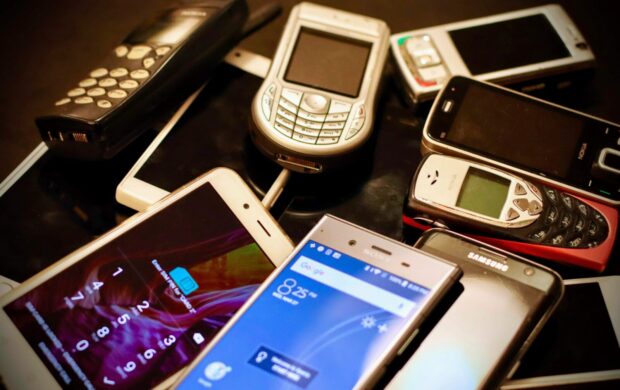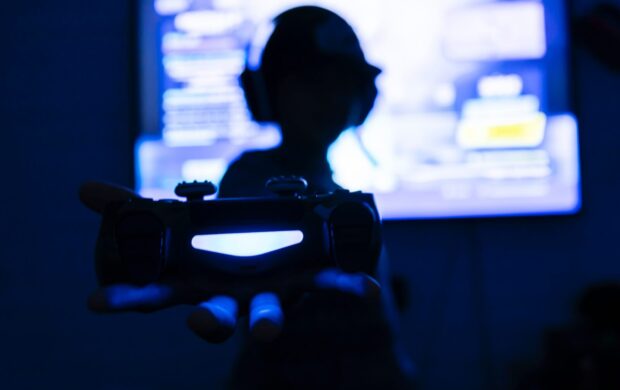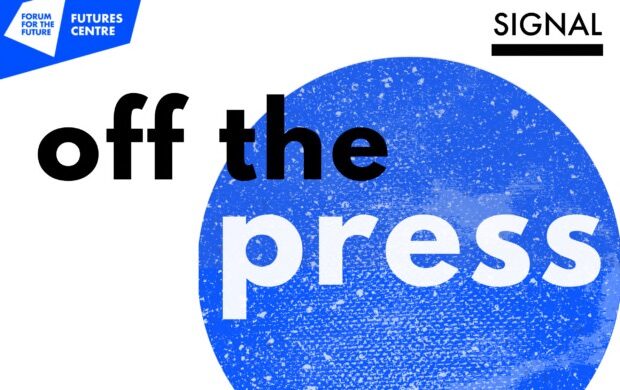Designers Pedro G. C.Oliveira and Xuedi Chen, with support from the Interactive Telecommunications Program at New York University, have created “Backlash”, a series of devices that allow activists to connect during protests. These include a smart bandana for embedding hidden messages, networked wearable devices, personal black box devices to register abuse of law enforcement and routers for off-grid communication.

The project’s primary aim is to provoke thought on the subject, rather than act as a call to action. The designers want to spark a dialogue about freedom of expression, riots and disruptive technology.
Technology plays an ever more important role in protests among both activists and authorities. Social media networks are protestors’ primary tool for spreading their message; however, authorities are able to cut connectivity and use advanced technologies to subdue activism.






